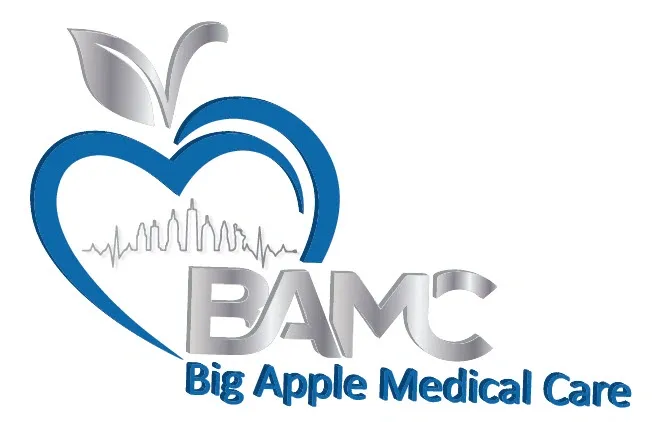Raising healthy children is one of the most important responsibilities for parents and guardians. From regular check-ups to managing illnesses, ensuring your child receives the right medical attention can set the foundation for a lifetime of good health. This is where Primary Care plays a vital role. By partnering with a trusted primary care provider, parents can ensure their children receive consistent, comprehensive, and preventive healthcare from infancy through adolescence.
Understanding Primary Care for Children
Primary Care is the first point of contact for your child’s healthcare needs. It focuses on comprehensive, continuous, and family-centered care. A primary care provider (PCP) is typically a pediatrician, family physician, or nurse practitioner who oversees your child’s overall health. They address everything from growth milestones and immunizations to mental well-being and chronic conditions.
For children, primary care is more than just treating illnesses—it’s about promoting healthy development, preventing health problems, and building a relationship of trust between the family and the healthcare team.
Key Roles of Primary Care in Raising Healthy Kids
1. Preventive Care and Immunizations
Preventive care is at the heart of Primary Care. Regular check-ups help monitor your child’s growth, detect potential issues early, and provide timely interventions. Immunizations protect children from serious diseases such as measles, polio, and whooping cough. A PCP ensures your child’s vaccination schedule is up to date, safeguarding them and the community.
2. Monitoring Growth and Development
Children grow and change rapidly. A primary care provider tracks your child’s physical, cognitive, and emotional development through regular wellness visits. They check height, weight, vision, hearing, and developmental milestones to ensure your child is thriving. If any delays or concerns arise, they can recommend early intervention services.
3. Managing Common Illnesses
From seasonal colds to ear infections, kids are prone to minor illnesses. Your PCP can diagnose and treat these conditions promptly, preventing them from turning into more serious health issues. They also guide parents on home care and when to seek urgent attention.
4. Chronic Condition Management
Some children may develop chronic health conditions like asthma, allergies, or diabetes. Primary care providers create personalized care plans, monitor symptoms, and adjust treatments as needed. This ongoing support helps children maintain a good quality of life and minimizes complications.
5. Guidance on Nutrition and Lifestyle
Good nutrition and active lifestyles are essential for healthy growth. Primary care providers counsel families on balanced diets, physical activity, screen time limits, and sleep routines. This guidance empowers parents to make healthy choices for their children.
6. Mental and Emotional Health Support
Children’s mental well-being is just as important as their physical health. PCPs can identify early signs of anxiety, depression, ADHD, or other behavioral concerns. They provide counseling, recommend coping strategies, and connect families with mental health specialists when needed.
7. Coordinating Specialist Care
If your child needs specialized medical attention, the primary care provider serves as the central coordinator. They refer you to trusted specialists, share medical records, and ensure all aspects of care are integrated for the best outcomes.
Benefits of Consistent Primary Care for Kids
-
Continuity of Care: Seeing the same provider over time builds trust and familiarity, making it easier to discuss concerns.
-
Early Detection: Regular visits help identify issues before they become serious.
-
Family-Centered Approach: PCPs understand your child’s home environment and tailor advice accordingly.
-
Cost-Effective Care: Preventive care and early interventions can reduce emergency visits and hospitalizations.
-
Holistic Development: Attention is given not only to physical health but also to emotional, social, and cognitive growth.
Tips for Parents to Maximize Primary Care Benefits
-
Schedule Annual Check-Ups: Even if your child appears healthy, wellness visits are essential.
-
Keep a Record: Maintain an updated file of your child’s medical history, vaccines, and test results.
-
Ask Questions: Don’t hesitate to discuss any health, behavior, or development concerns with your PCP.
-
Follow Recommendations: Adhere to advice on nutrition, physical activity, and preventive screenings.
-
Build a Relationship: Encourage open communication between your child and their healthcare provider.
Final Thoughts
Primary Care is an essential part of raising healthy children. It’s about more than treating sickness—it’s about fostering lifelong wellness through preventive care, early detection, and continuous support. By establishing a strong partnership with a trusted primary care provider, parents can give their children the best chance to grow, thrive, and lead healthy lives.
At Big Apple Medical Care, we are committed to supporting families through every stage of a child’s development. Our team ensures that your little ones receive the highest standard of care in a warm, family-friendly environment.







